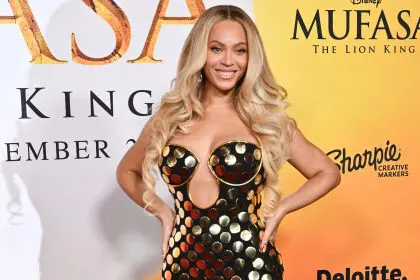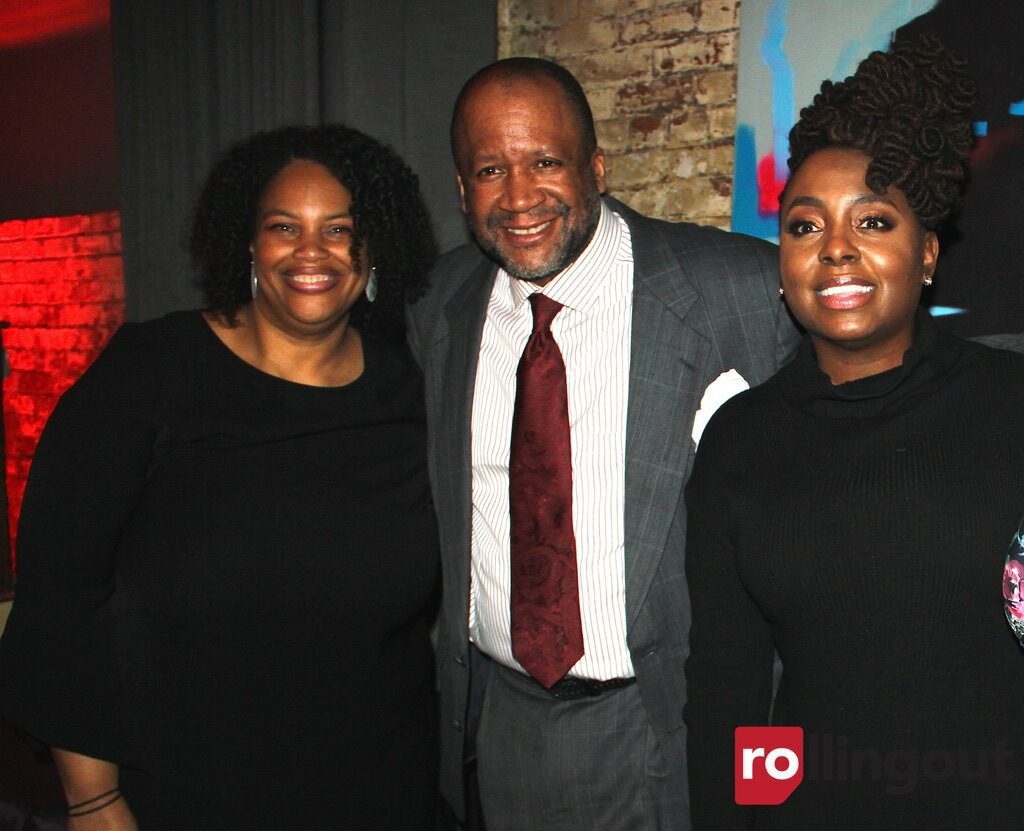 Hip-hop has not decided if it wants to live or die with its reputation for touting mass materialism. Hip-hop has not decided that education and dominating Silicon Valley are priorities on its radar. It is the absence of hip-hop music producing Wall Street hits that we need to be concerned about. Hip-hop generation icons like Facebook founder Mark Zuckerberg and Twitter founders Biz Stone, Evan Williams, Noah Glass and Jack Dorsey are all part of the hip-hop generation. Does a hip-hop icon’s progress reflect the hip-hop movement using real economic indicators?
Hip-hop has not decided if it wants to live or die with its reputation for touting mass materialism. Hip-hop has not decided that education and dominating Silicon Valley are priorities on its radar. It is the absence of hip-hop music producing Wall Street hits that we need to be concerned about. Hip-hop generation icons like Facebook founder Mark Zuckerberg and Twitter founders Biz Stone, Evan Williams, Noah Glass and Jack Dorsey are all part of the hip-hop generation. Does a hip-hop icon’s progress reflect the hip-hop movement using real economic indicators?
It is the absence in the lyrics of hip-hop icons that is most disturbing and then messaging of success and billion-dollar true masterminds. The celebration of NWA centered around them being our news anchors of the streets. It was their attack on indignities and police brutality that harvested an attitude toward the equitable treatment of a generation. It was their description of the conflict that could be found within the urban environment that needed to be disseminated in a melodic methodology to resurrect courage and discourage the proposition of tranquility in urban America, which was a myth.
We must decide that the hip-hop movement will utilize sports icons like LeBron James as an indicator of the economic progress and status of an entire hip-hop generation. Though he has reached a pinnacle of success, should it be used as a barometer of the success of a hip hop generation that numbers in the millions. Is there any empirical data that would suggest his success is a success of those in the hip-hop generation attending or not attending college. Does his presence at the White House suggest that there will be an entire generation benefiting from his political activism by registering in mass numbers to vote? Could his presence suggest the reduction in prison population or the number of loans that will be made to African-American and Hispanic businesses? Which indicator does the hip-hop movement use to evaluate itself?
Facebook and Twitter are brands that engage an entire generation. They both utilize urban content: photos, words, songs and extract a numerical matrix that produce capital from content given to them by the hip-hop generation in exchange for little but the use of the system. While the system profits from use, it never returns the profits to those who support the system the most. It is the reduced expectation of a hip-hop generation that might be part of the warning system that is broken within the African American economic system. Have African American and Latino businessmen and women benefited from the hip-hop generation’s support of social media resulted in building labs or in funding app development and programmers on our urban campuses? Why wouldn’t the hip-hop generation say something about the absence of companies who are buying companies and spending billions, while the billions paid to acquire such companies were given to them by the individuals that use their platforms?
The death of hip-hop as a movement has no indicators that can be used valuation measures for its life or death unfortunately. The GDP of the United States and the credit score of an individual (called FICO score) all speak to the status and situation of a country and of an individual. Publicly traded companies’ stock prices and many other indicators speak to the very situation that give value to the company and faith in the investment value for the world. The hip-hop movement has very few indicators, so false indicators exist as to the status and value of the hip-hop movement.
It is here that the masterminds of prostituted values of the hip-hop movement have started to create an underclass of misinformed and unskilled hip-hop generation. The absence of tools by which the hip-hop movement can gauge its advancement or destruction allow false indicators, like the wealth of a hip-hop mogul being seen as the value of the status of the hip-hop movement’s generations. But, in the true analysis, the status of a hip-hop mogul does not translate into the advancement of a hip-hop generation; but the counter is interpreted due to the lack of hip-hop economists discussing the economy of the hip-hop movement.
Socially, the indicators of hip-hop advancement for the movement might only include a select few being seen as representatives of the movement. But millions are not advanced in the economic progress of past hip-hop moguls or past stock values from brands who utilize hip-hop as a method of endorsement of their products and services. Nor is there a hip-hop movement indicator as to the value that these brands give to the economic and intellectual progression of the hip-hop movement due to no evaluation or reports that would truly evaluate the reciprocity and ROI that the hip-hop movement receives from supporting hip-hop brands or brands perceived to endorse hip-hop but don’t support the HBCU or trade schools that serve many in the urban hip-hop movement population.
Who are the hip-hop generation economists who will evaluate those who utilize and benefit most from hip-hop marketing and give a report as to the reciprocity and progress being made in the name of an entire generation? The development of indicators of the hip-hop generation’s economic and intellectual progress needs to be developed so that the truth can be observed and evaluated, or the behavior of hip-hop will kill itself due to the lack of honest evaluation. It will also result in a depreciation of the skill sets and slowing of the economic progress made by those blinded by the misinterpretation of the progress of others as to representing their personal and professional state.
We look forward to the evaluation by someone in the Federal Reserve forging a true evaluation of the hip-hop generation’s economy and comparing it with the relationship between the jobs provided by these corporate entities that benefit from the movement. We ask that the Justice Department and the Department of Commerce forge and evaluate the predicament of underemployment and the lack of economic progress further enhanced by the absence of the hip-hop generation’s African-American companies being taken public or invested in by the financial institutions and major corporations; allowing them to benefit from low interest rates and a growing IPO Wall Street relationship.
Does the progress of hip-hop moguls like Diddy, Jay Z, Beyoncé and others mark the true status and progress of the hip-hop generation based on economic or intellectual jobs advancements? If not, why is no one evaluating the circumstances that is leading to the type of unemployment seen on the urban landscape? The Wall Street Journal reported that there are fewer SBA loans being made to black companies. Does this reflect progression or regression for a hip-hop generation. Where is the social conversation on Facebook and Twitter about true economic and intellectual progress for the hip-hop movement?











